As the US military aircraft soar over the Caribbean Sea, the echoes of a long-standing conflict in Venezuela continue to reverberate. The country, once a thriving economic powerhouse, has been crippled by a perfect storm of corruption, mismanagement, and US intervention. The latest development in this saga is a US-led covert operation, allegedly set to be launched in the coming days, aimed at toppling President Nicolas Maduro. But what lies beneath the surface of this high-stakes game of cat and mouse?
To understand the complexities of the situation, it's essential to delve into the historical context. Venezuela's economic woes began to unfold in the early 2000s, when the country's oil reserves, once the backbone of its economy, started to dwindle. As the price of oil plummeted, the government's revenue streams dried up, leaving a gaping hole in the national budget. The situation was further exacerbated by a series of corruption scandals, which saw billions of dollars embezzled from state-owned oil company PDVSA.
Enter the US, with its own agenda for the region. In 2017, President Donald Trump signed an executive order imposing sanctions on Venezuela's oil industry, effectively strangling the country's economy. The move was seen as a thinly veiled attempt to oust Maduro, who had taken office in 2013. The US had long been critical of Maduro's authoritarian tendencies, but many saw the sanctions as a clear overreach of executive power.
Fast-forward to 2023, and the situation has taken a dramatic turn. In a move that has left many scratching their heads, Trump announced that he had authorized the CIA to conduct covert operations in Venezuela. The move was met with widespread criticism, with many questioning the wisdom of broadcasting a covert operation to the world.
"It's a classic case of the US trying to have it both ways," says Dr. Maria Rodriguez, a Venezuela expert at the University of Miami. "On the one hand, they're trying to undermine Maduro's government, but on the other hand, they're broadcasting their intentions to the world. It's a recipe for disaster."
The latest development in this saga is a US-led covert operation, allegedly set to be launched in the coming days. According to a Reuters report, the operation will involve a series of clandestine activities aimed at destabilizing Maduro's government. While the details of the operation remain sketchy, it's clear that the US is willing to go to great lengths to achieve its goals.
But what are the implications of this operation for the people of Venezuela? For Dr. Rodriguez, the answer is clear. "The US has a long history of intervening in Latin American countries, often with disastrous consequences. This operation will only serve to further destabilize the country and exacerbate the humanitarian crisis."
As the world watches with bated breath, the people of Venezuela are left to wonder what the future holds. Will the US operation succeed in toppling Maduro, or will it only serve to further entrench his grip on power? One thing is certain: the stakes are high, and the consequences of failure will be dire.
In the end, the situation in Venezuela serves as a stark reminder of the dangers of US interventionism. As the world grapples with the complexities of this crisis, one thing is clear: the people of Venezuela deserve better than to be pawns in a high-stakes game of geopolitics. It's time for the US to rethink its approach and prioritize a more nuanced and humanitarian solution. The future of Venezuela hangs in the balance.
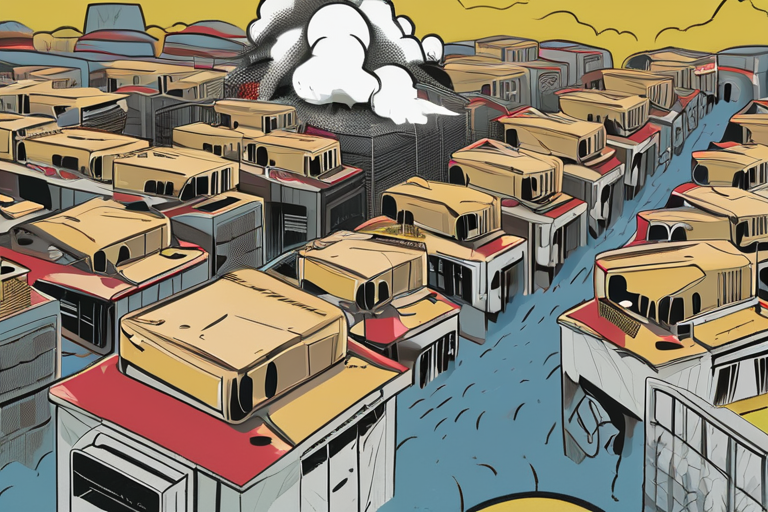

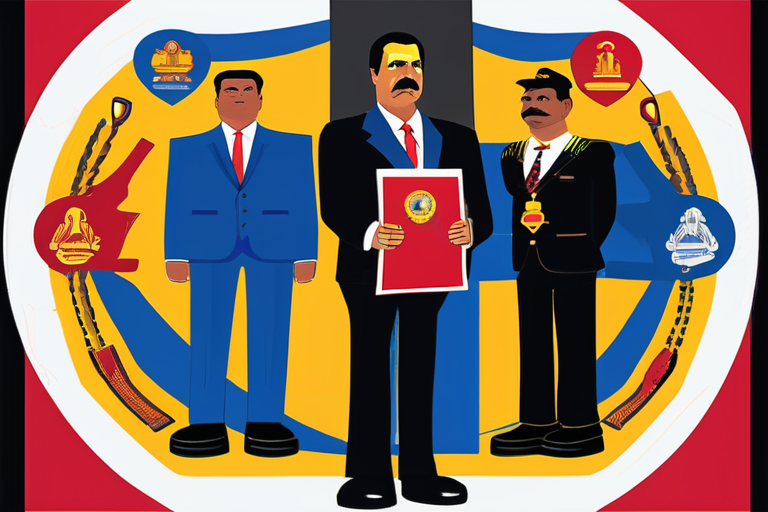
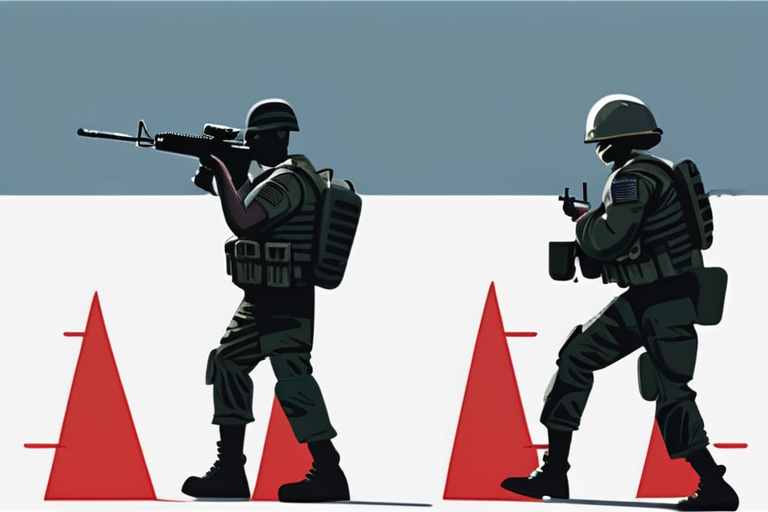
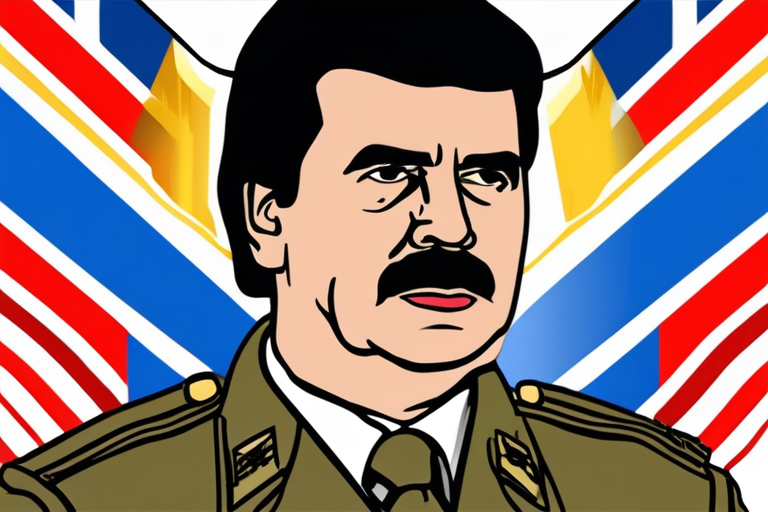
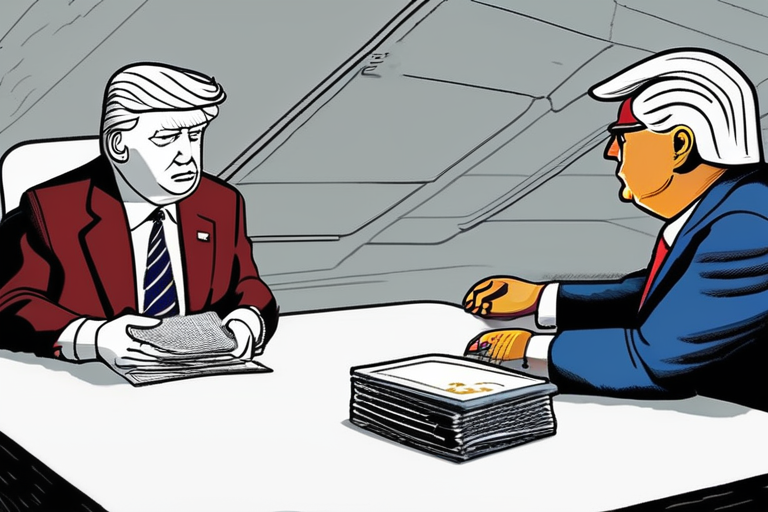
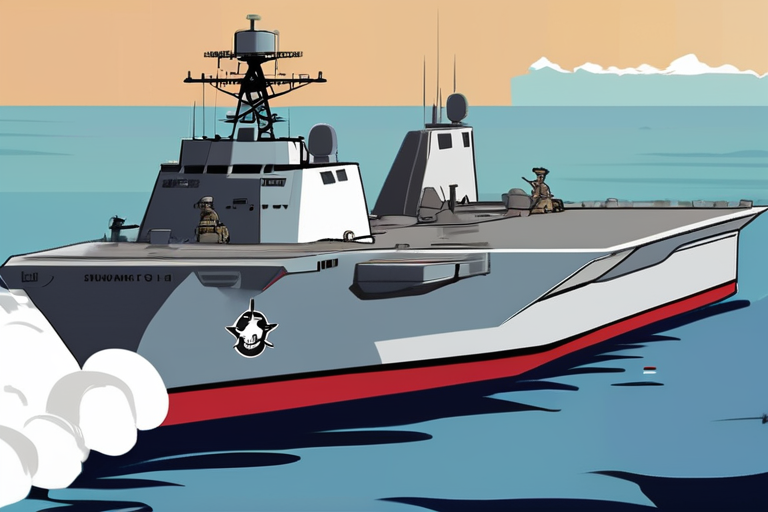
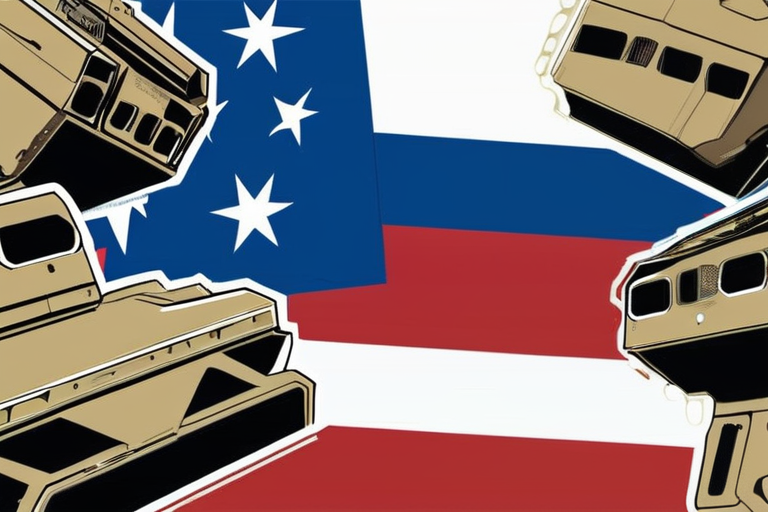
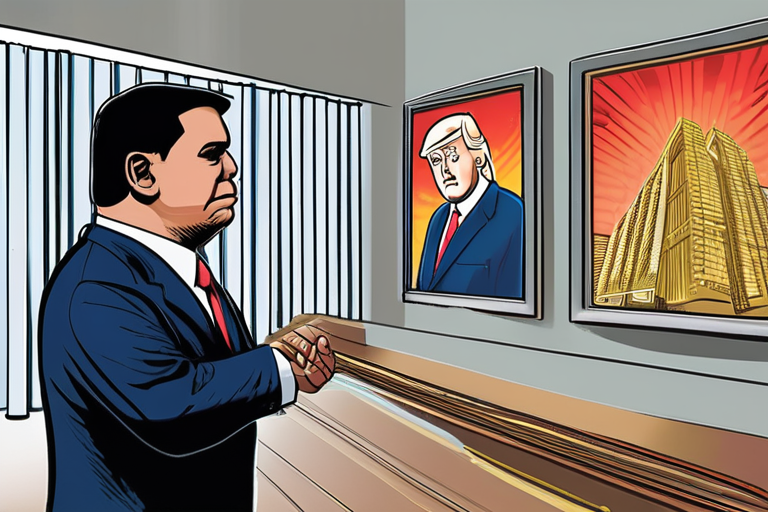
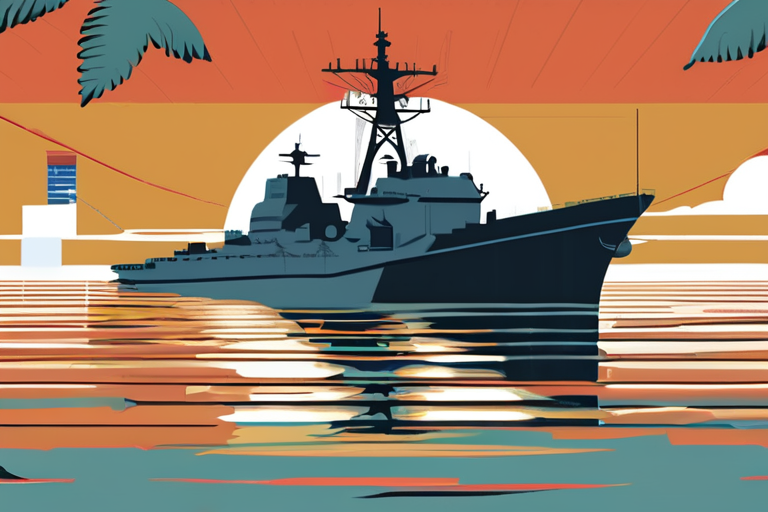
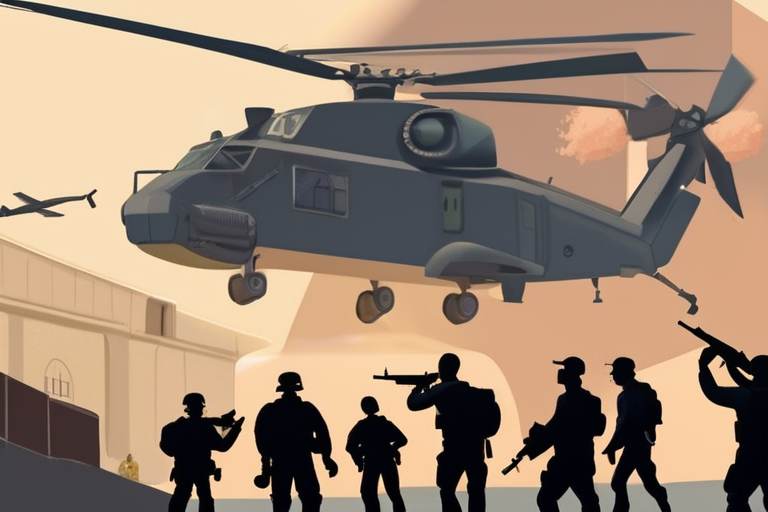
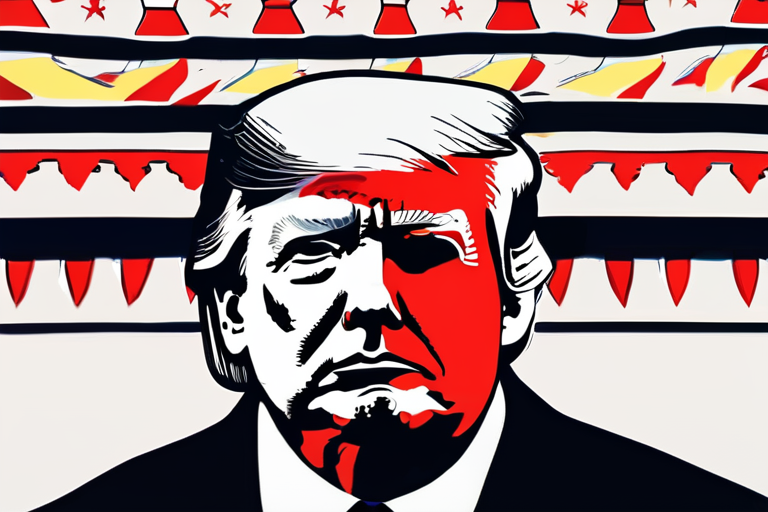
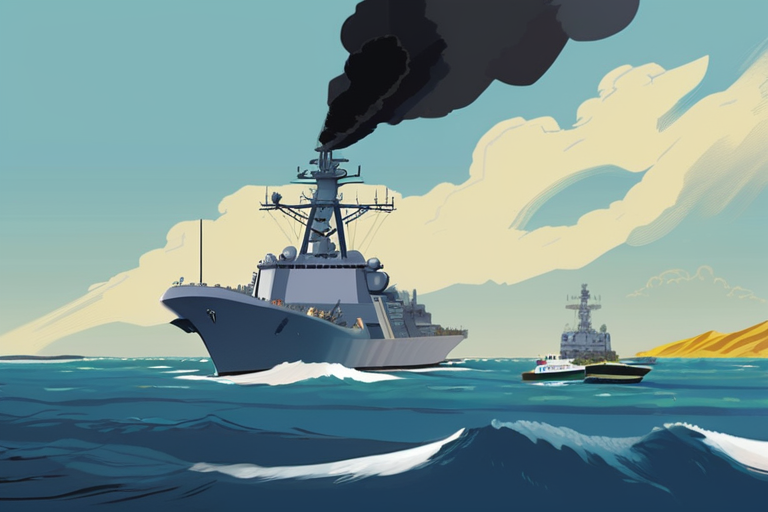
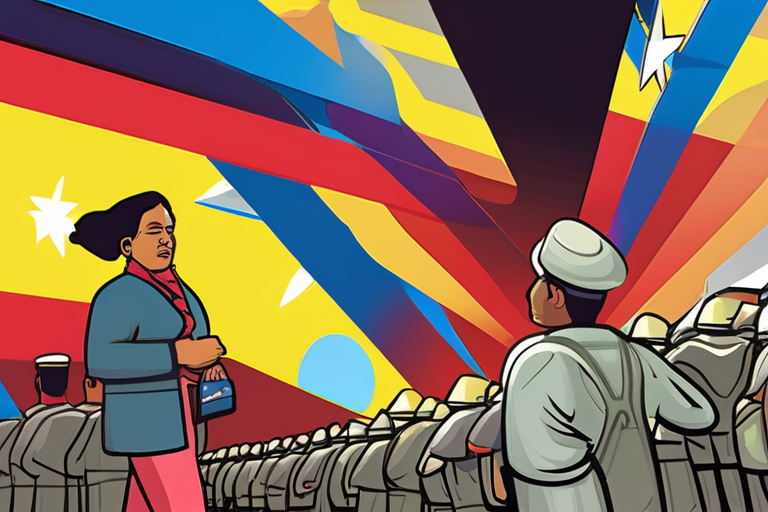
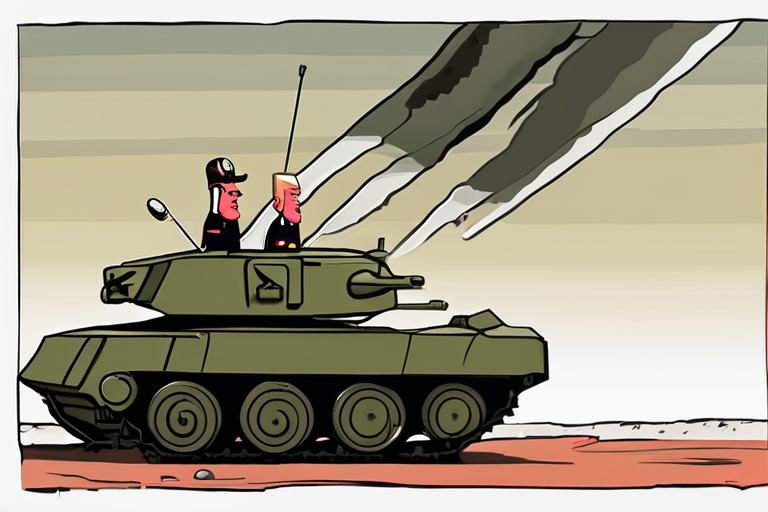
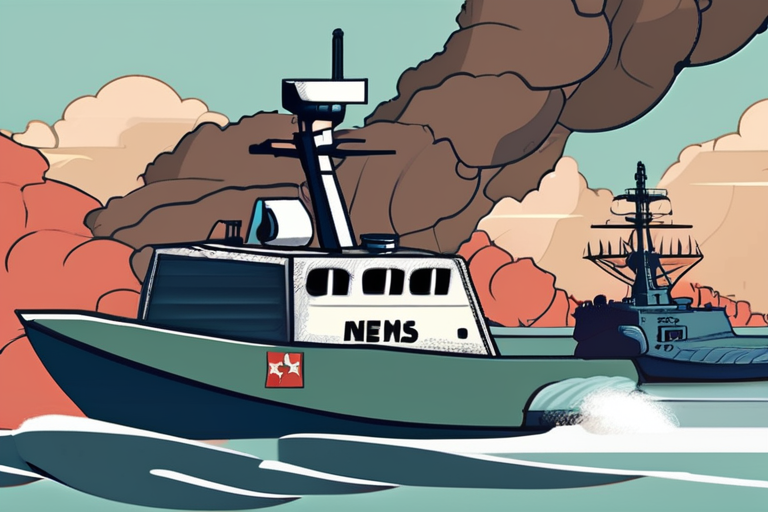
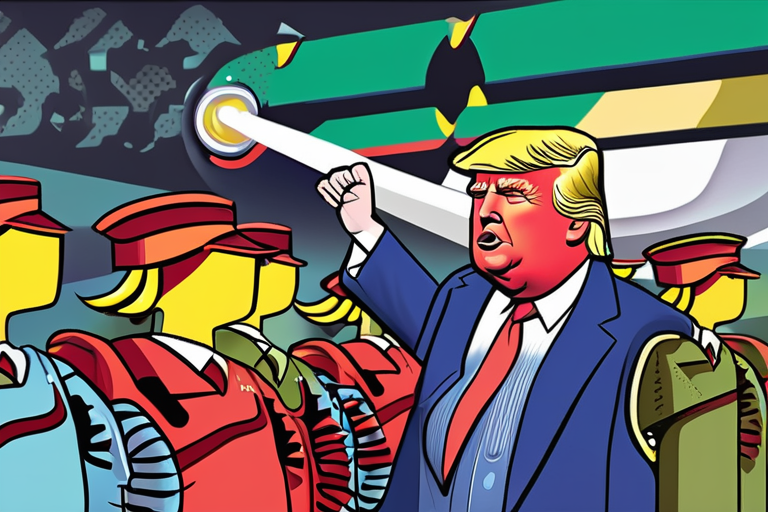
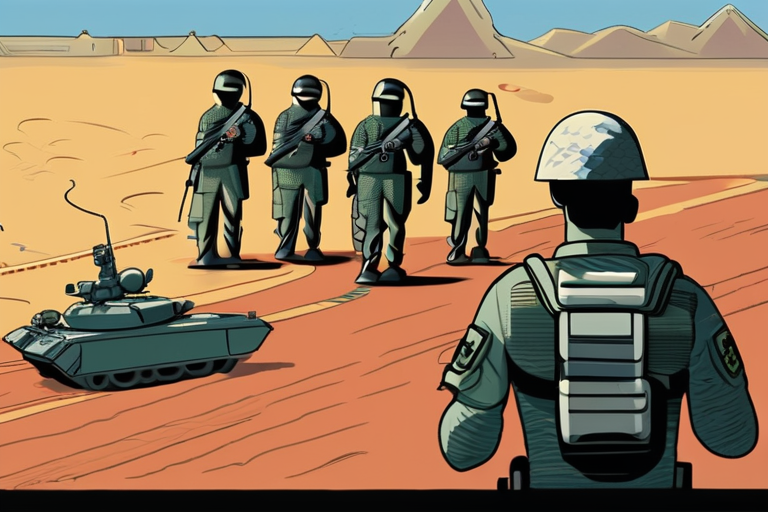
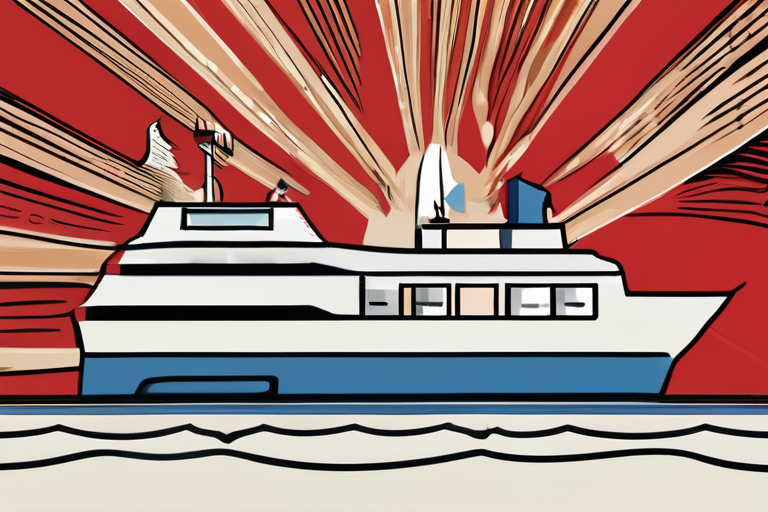
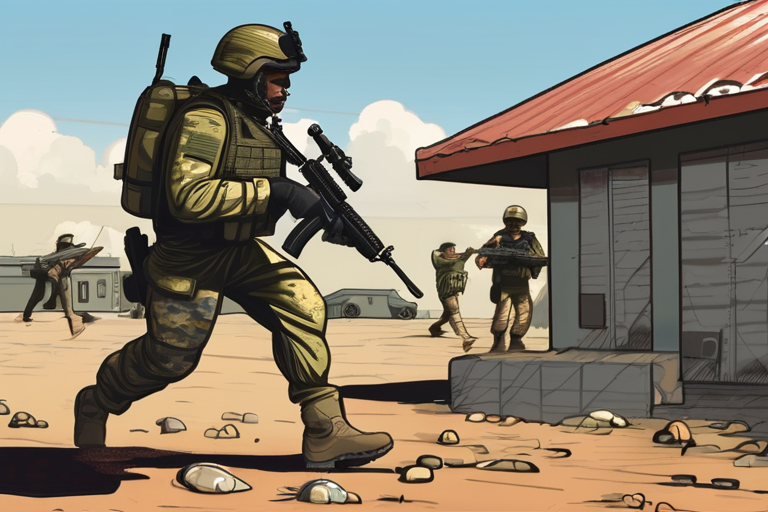
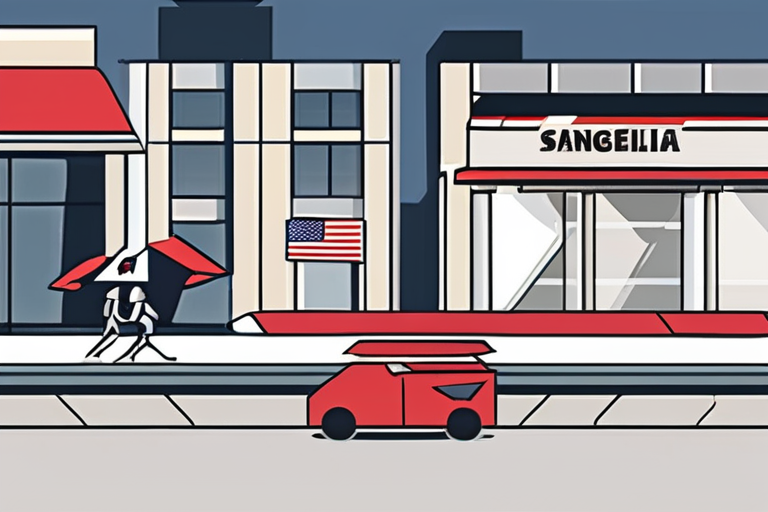
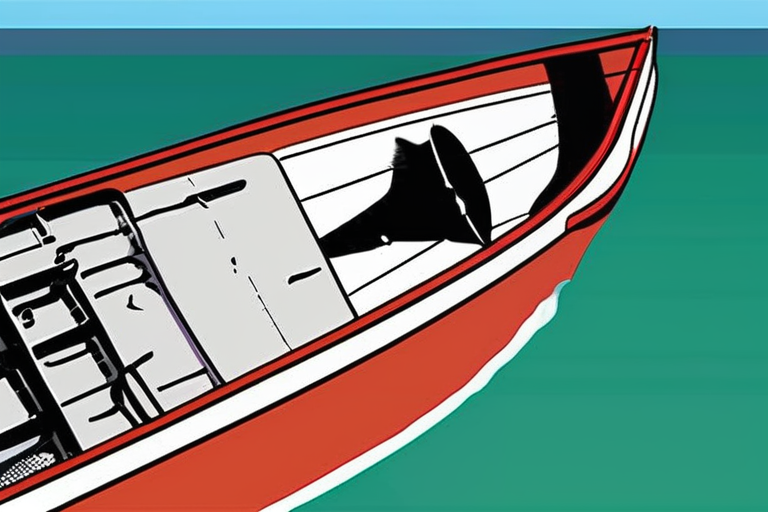
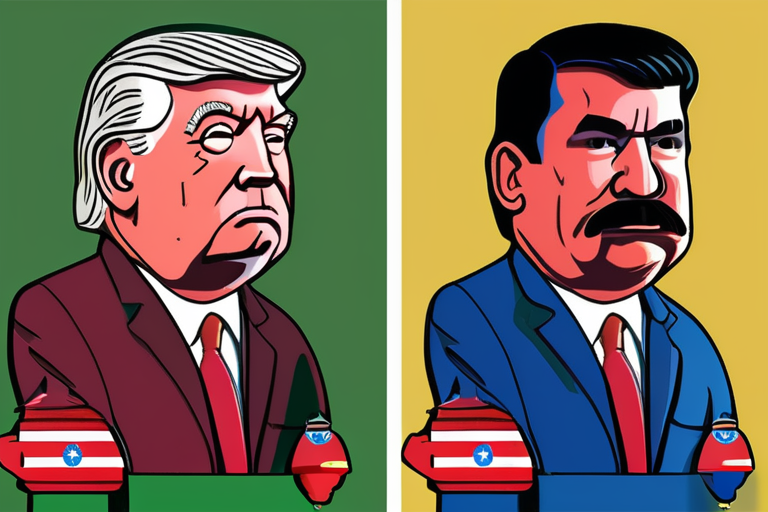

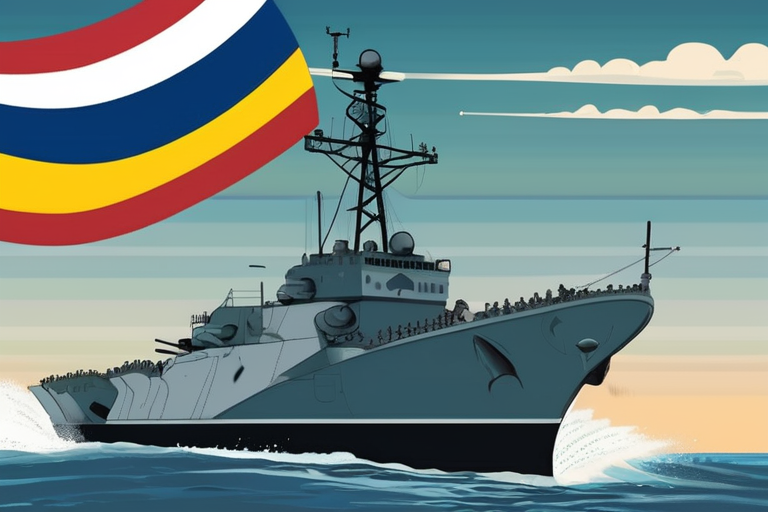
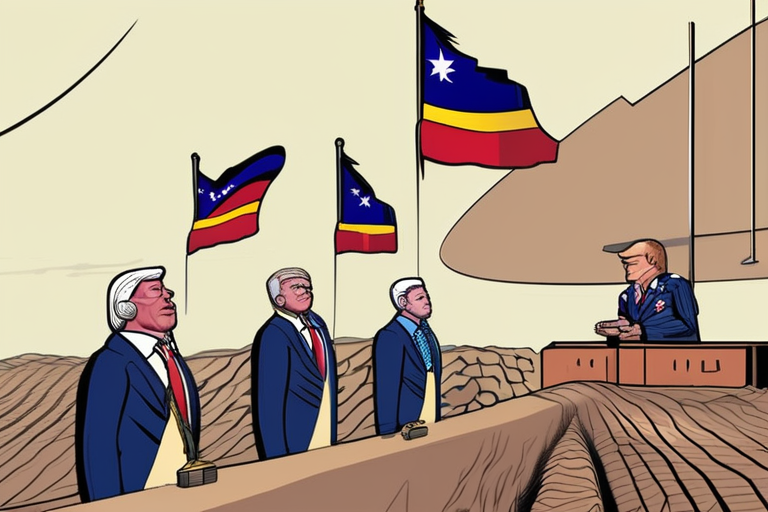
Share & Engage Share
Share this article